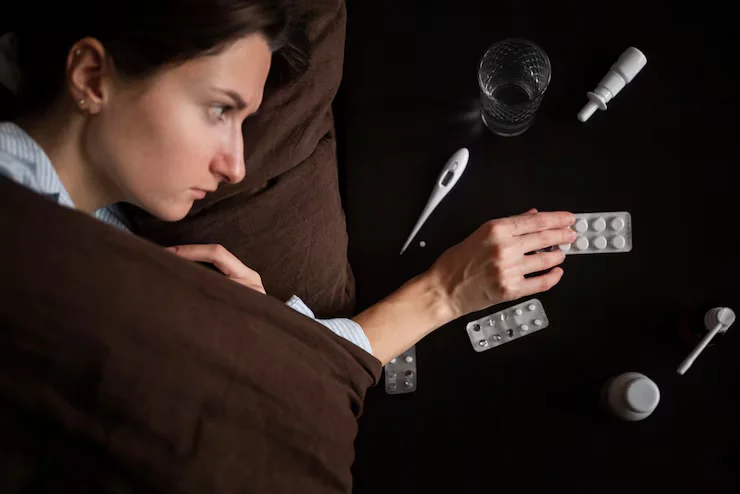More than 100 million people in the world suffer from depression, and it is necessary to find efficient treatments. Although the path to getting better feels different for everyone affected by the condition, specific ways tend to help reduce symptoms in a short period. In this post, let’s discuss twelve treatments that might help.
Cognitive Behavioral Therapy
Cognitive Behavioral Therapy (CBT) allows individuals to recognize and replace destructive thought patterns with constructive ones. Because CBT focuses on changing behaviors and thoughts, it is particularly powerful in providing short-term relief and long-term improvement. This method empowers many because it offers a way to handle emotions. Many reputable depression treatment San Jose facilities offer CBT to improve patients’ lives.
Antidepressant Medications
For patients with severe symptoms, antidepressant medications for Depression treatment can be an advantageous alternative. Selective Serotonin Reuptake Inhibitors (SSRIs) and other drugs help manage the chemical balance in the brain. The best medication for many is one that a healthcare provider prescribes, considering the side effects and individual needs.
Exercise
Regular exercise is a natural mood booster. It releases happy hormones called endorphins, the human brain’s natural antidepressants. Exercise offers a feeling called “runner’s high.” Walking, cycling, and yoga are also beneficial. A bit of consistency adds up to a great deal when it comes to mental health.
Mindfulness and Meditation
Mindful practices reduce stress and anxiety and encourage living in the present moment. Meditation calms the mind and helps people get perspective, allowing them to see clearly. Practicing mindfulness exercises regularly may help a person balance their emotional state.
Adequate Sleep
Good sleep is fundamental to mental health. Inadequate sleep can increase symptoms of depression. Having a stable sleep pattern and a conducive sleep setting facilitates sound sleep. Reducing screen time before sleeping and employing relaxation techniques can help improve sleep quality.
Healthy Diet
Great nutrition can improve a person’s mental well-being. Eating a diet high in fruits and vegetables, whole grains, and lean proteins gives your brain the nutrients it needs to function. Eating more omega-3 fatty acids (in fish) or leafy green vegetables is associated with enhanced mood and mental acuity.
Social Support
Reaching out to friends, family, or support groups can bring comfort and understanding. Expressing feelings or sharing experiences reduces isolation. Creating a solid and reliable support system is crucial for emotional well-being, as it provides encouragement and helps you feel connected.
Art and Music Therapy
Creative therapies, such as workmanship and music, give nonverbal expression to feelings. Art becomes a release for trapped emotions and a healthy practice. This kind of therapy may be invaluable for people who find it difficult to do traditional talk therapy.
Light Therapy
Light therapy is highly effective for those suffering from Seasonal Affective Disorder (SAD). Light exposure may improve mood by impacting serotonin levels. Spending a set time using a light therapy box each day can yield significant results.
Aromatherapy
Certain types of smell affect mood. For instance, essential oils such as lavender and chamomile offer a calming effect. Diffusers or baths with aromatherapy can create a calming environment to help people unwind and alleviate anxiety.
Acupuncture
This time-honored Chinese practice consists of inserting fine needles into specific points of the body. It is thought to balance the energy of the body and has been indicated for any number of ailments, including depression. Some say they feel more relaxed or energized afterward.
Journaling
Journaling can help sort out emotions. Using a journal allows you to explore your feelings and document your progress in a safe space. Be mindful of what you are experiencing. Reflection helps humans be aware of their current mind and see what they do, don’t like, and need to account for.
Conclusion
While depression is a serious illness, there are many effective treatments available. People can choose what suits them best, from therapy and medication to lifestyle changes and alternatives. However, consulting with medical professionals and experimenting could help create a bespoke path, making all the difference and enhancing the quality of life.







